You’ll stumble across many niche terms while exploring skincare treatments. Just what is hyaluronic acid? And what exactly is sebum? This glossary lists 26 commonly encountered skincare terms - one for every letter of the alphabet - and explains exactly what they mean so that you’re no longer in the dark.
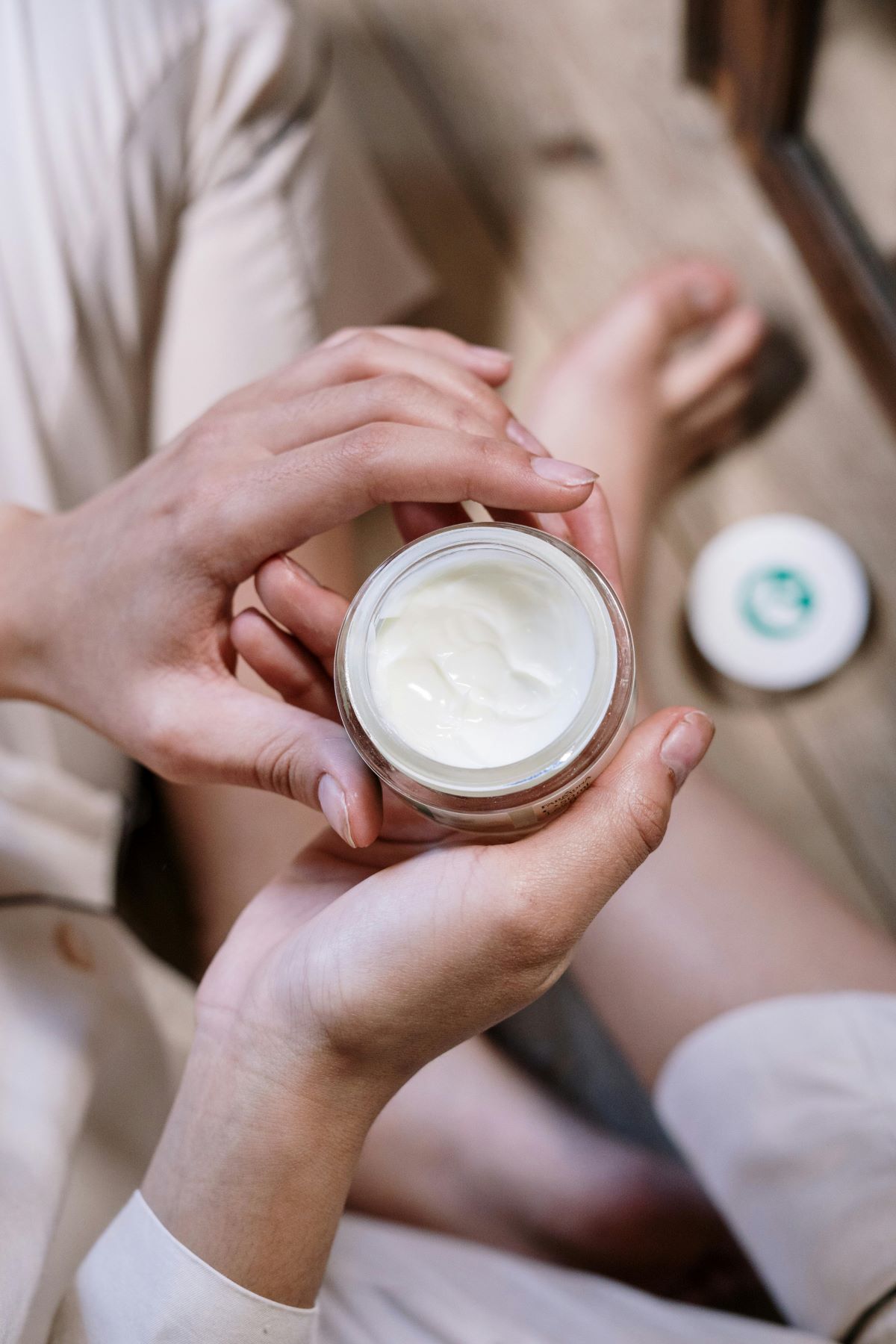
Acne
Acne is a condition caused by pores becoming blocked. This causes blackheads, pimples and inflammation. 85% of people experience acne in their lives, however it is mainly throughout one’s teen years. Hormonal changes, diet, stress, using cosmetics heavily and taking certain drugs can all be causes.
Blackheads
Blackheads are a type of acne caused by pores becoming full of oil or dead skin. They take the form of small black dots on the skin. Blackheads are different to whiteheads, which can form when bacteria starts to breed within blackheads, causing pus to form. Whiteheads can eventually become inflamed, at which point they become pimples.
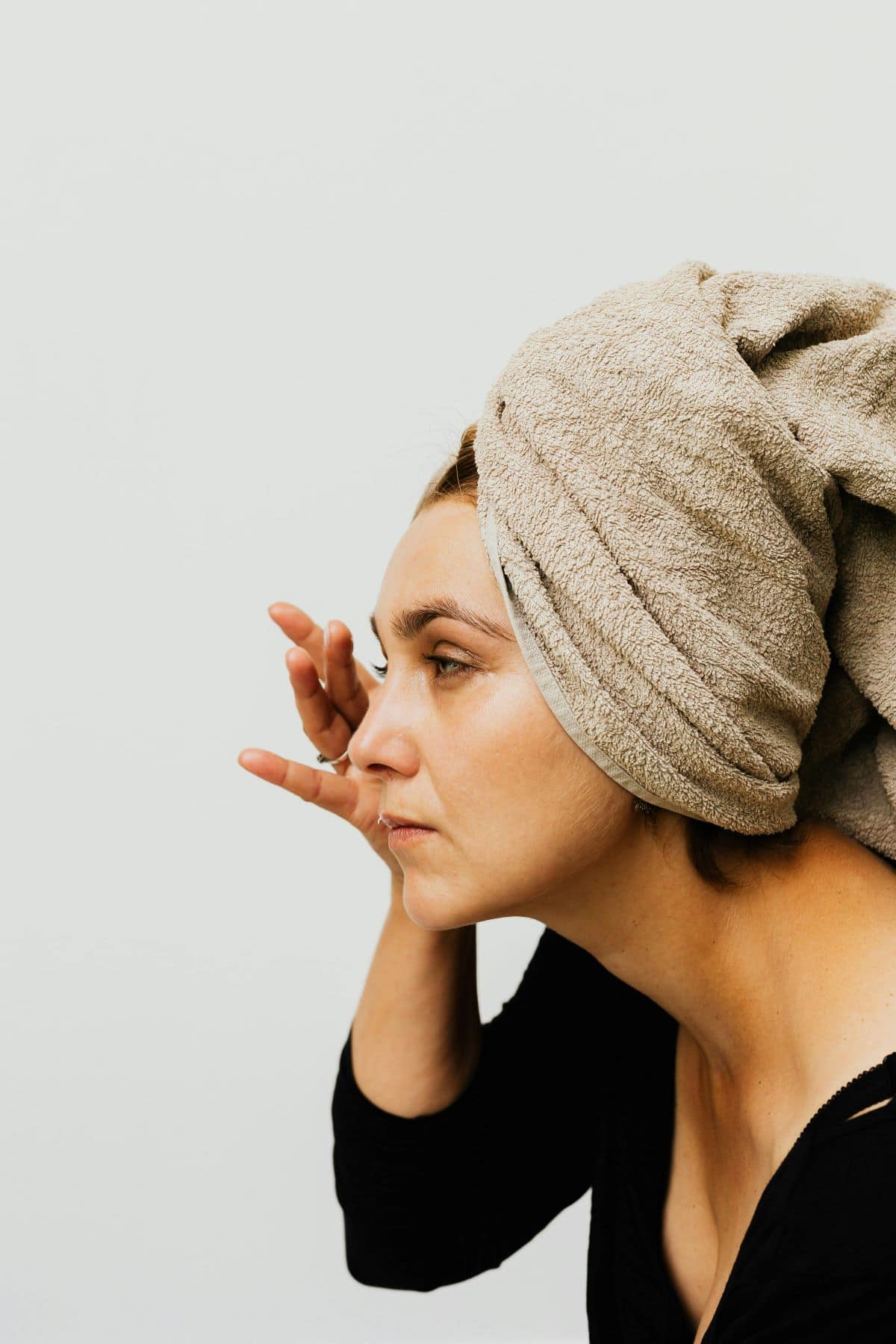
Collagen
Collagen is an essential protein within our skin. It helps keep our skin elastic - preventing sagging and wrinkles from forming. Your body naturally produces collagen, however it produces less collagen as we get older. Collagen-rich foods and supplementary skin products can help to keep our collagen levels up.
Dysport
Dysport is one of several injectable products. It is similar to Botox and is primarily used within skincare to temporarily remove dynamic wrinkles. You can visit this medical spa to receive Dysport and Botox treatment. Such injectables must be administered by a trained professional to ensure the right area is targeted and you can get the right dose.
Exfoliation
Exfoliation is the process of removing dead skin cells from your skin’s surface. Regularly exfoliating can prevent blackheads and pimples forming, keep skin smooth and combat skin discoloration. There are several ways to exfoliate skin including skin scrubs, skin brushes, chemical peel products and face masks.
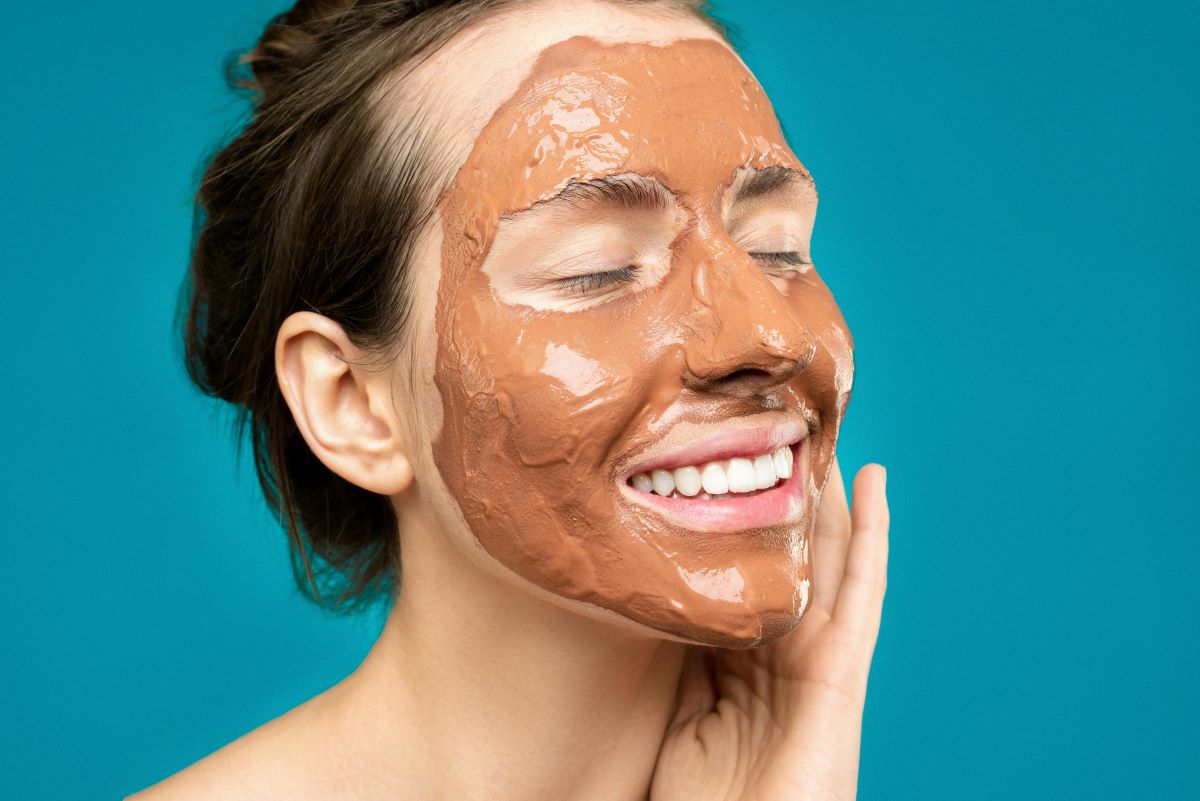
Facial
A facial is a skincare treatment focused on the face. It may include applying skin masks, skin peels, lotions, moisturizers and carrying out facial massages. The purpose of a facial is to rejuvenate the face.
Glycolic acid
Also known as AHA (Alpha Hydroxy Acid), glycolic acid is a substance made from sugar cane that is commonly used in many exfoliant products. Glycolic acid is also sometimes used to treat acne, and it may have anti-aging properties.
Hyaluronic acid
Hyaluronic acid is a natural substance found throughout the body. It helps your skin to stay hydrated and plays a part in the production of collagen. Many skincare products contain hyaluronic acid - this chemical can reduce wrinkles, smooth dry skin and promote scar healing.
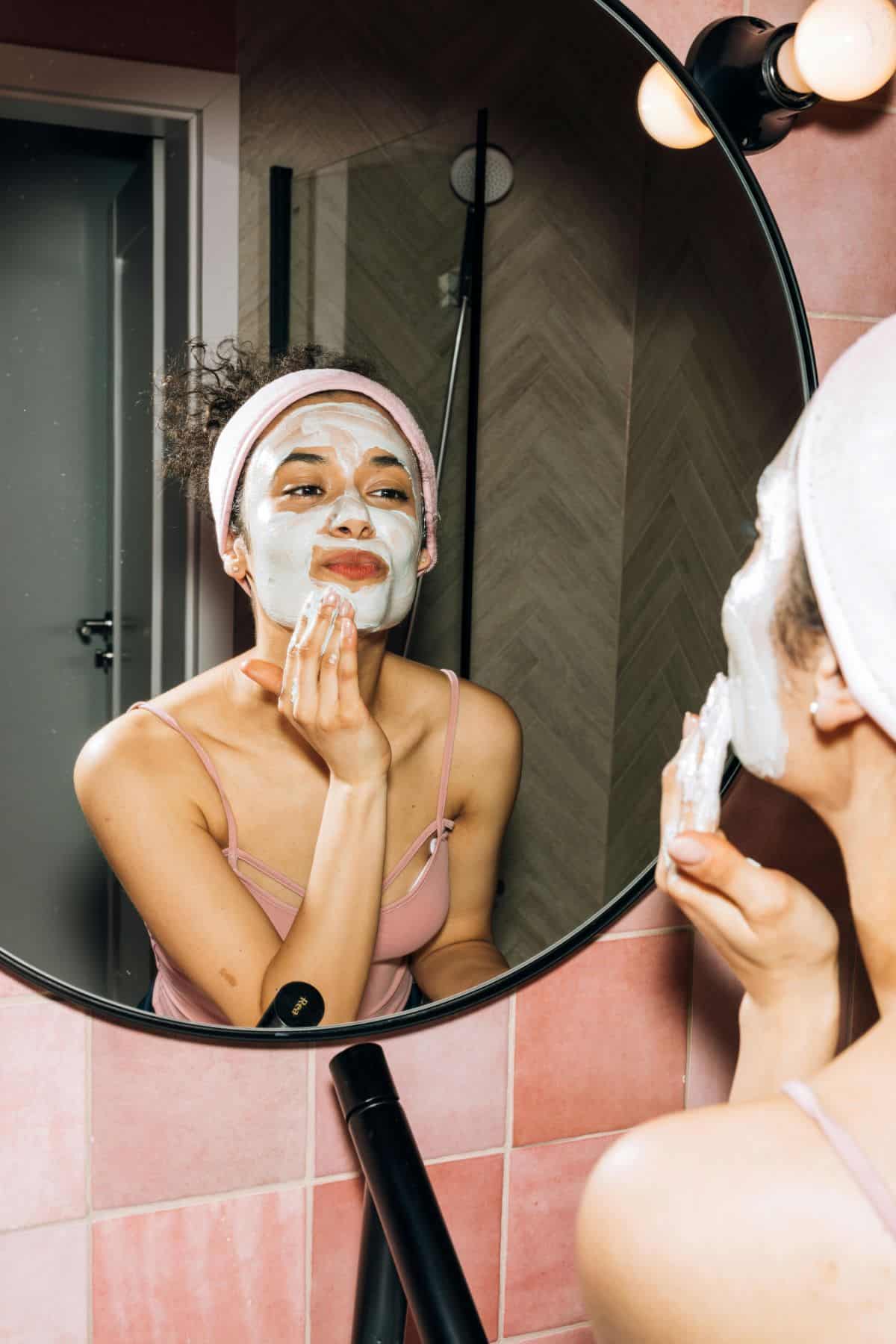
IPL
IPL stands for Intense Pulsed Light. It is a form of cosmetic treatment that can help reduce wrinkles, scarring and discoloration by promoting collagen production. You can buy handheld IPL devices to use at home or get IPL treatment done by a professional.
Jojoba oil
Jojoba oil is a liquid wax found in the seeds of the jojoba plant. Because jojoba oil is rich in vitamin E and is very similar to sebum, it has been found to be a great substance for treating dry skin. It is found in many creams and serums.
Keratin
Keratin is a type of protein that is essential to your body’s collagen production process. It is found in many foods including eggs, carrots and onions. You can also find it in many skin products - particularly moisturizers and anti-aging serums.
Laser resurfacing
Laser resurfacing involves removing the top layer of skin using a layer. It can be used to reduce wrinkles, scarring, acne and discoloration. Laser resurfacing should not be confused with IPL - unlike IPL, the light used within laser resurfacing removes skin and must be operated by a trained professional.
Microdermabrasion
Microdermabrasion is a process that involves gently sanding the skin using fine crystals that are vacuumed up using a small suction tool. You can buy at-home microdermabrasion kits, however the treatment is more commonly carried out as a procedure with the help of a professional. Microdermabrasion is primarily used to remove fine line wrinkles, age spots and minor scarring.
Niacinamide
Niacinamide is a type of vitamin B-3. It is found within several skin products, and is primarily used to shrink large pores and reduce wrinkles. You can also consume niacinamide via various foods. Fish and meats (particularly liver) are a great source, as are mushrooms and whole grains.
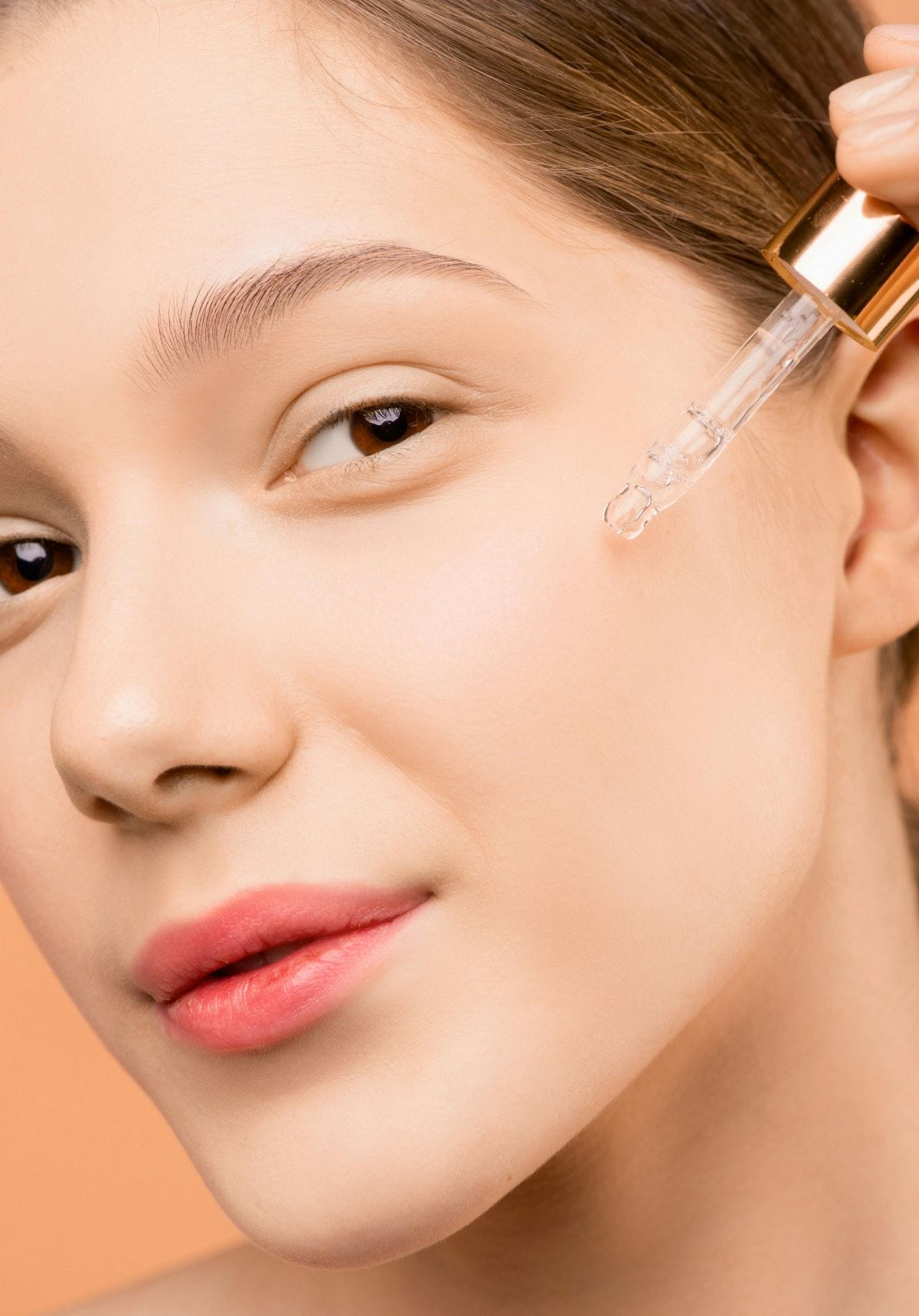
Omega-3
Omega-3 is believed to help regulate the skin’s oil production and therefore can be a great nutrient for those with oily or dry skin. Several skin products contain omega-3, however you can also consume it through various foods - primarily fish, seeds and nuts.
Psoriasis
Psoriasis is a skin condition that causes the skin to scale and flake. It can be very painful and can look unpleasant. While there are over-the-counter skin products to help treat psoriasis, your best solution is to see a doctor who will be able to provide treatments via injections.
Quartz
Powder made from quartz stone can be found in some skincare products. It is an abrasive agent that can be great for providing exfoliation. Rose quartz is the most popular stone used and can typically give the skin a warm glow.
Retinol
Retinol is a type of vitamin A with anti-aging properties. While it can be found in some foods like egg and dairy, it is typically only found in small quantities. Creams and serums can help to introduce more retinol to the skin. Prescription retinoids are also available for skin conditions like acne.
Sebum
The oil in our skin is known as sebum. It plays a vital part in helping to hydrate the skin and form a protective barrier. Some people produce too much sebum (which can lead to acne), while others produce too little (which can lead to eczema). Many products can help to reduce or stimulate the production of sebum.
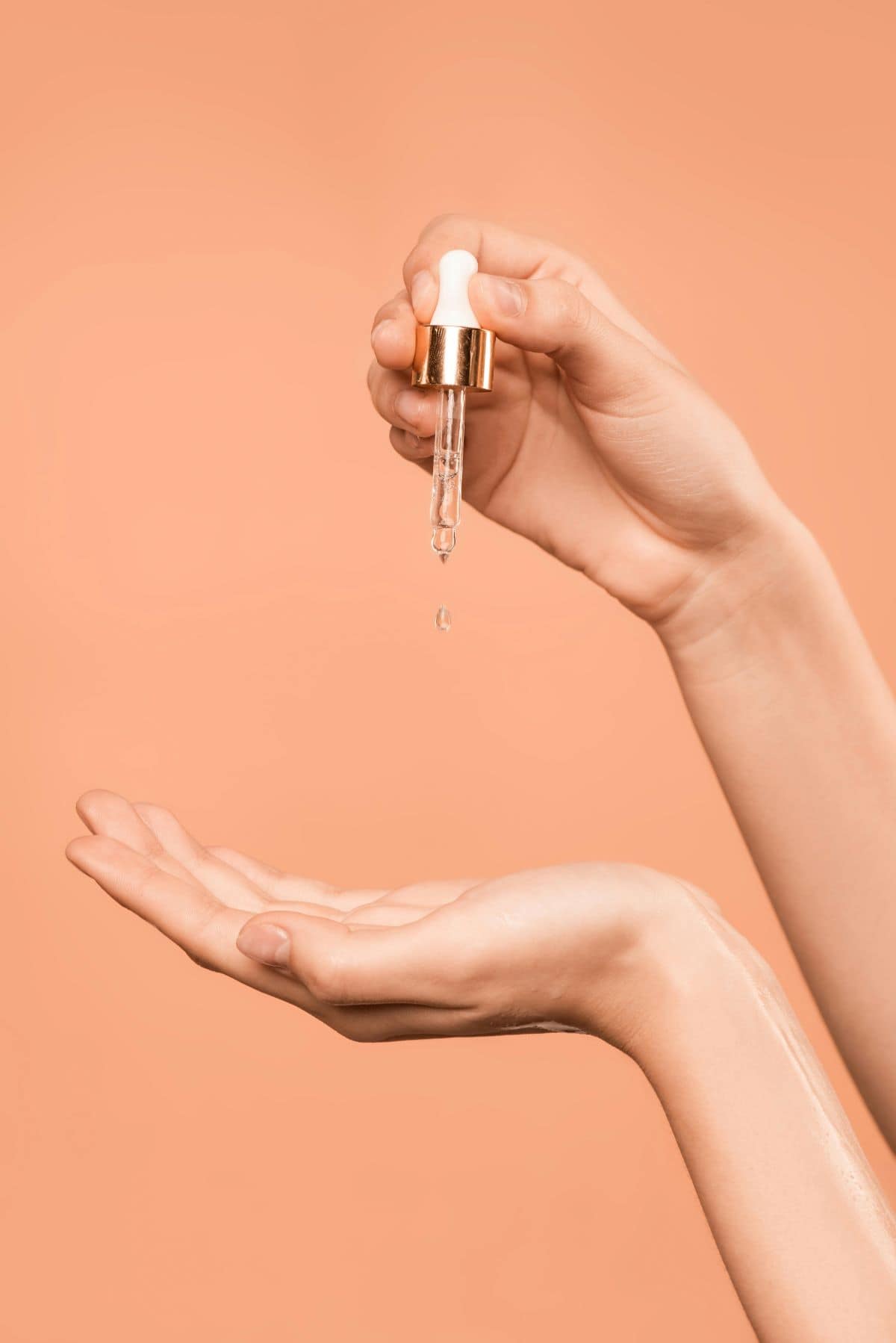
Tea tree oil
Tea tree oil is effective at killing fungus and bacteria. Within skincare, it can be effective at helping to prevent pimples from forming, while also being used to treat fungal infections like athlete’s foot. It is found in several skin products.
UV light
UV (ultraviolet) light is the type of light produced by the sun. Our skin needs a certain amount of UV light each day to help us produce vitamin D - which is an essential vitamin that helps us to produce sebum. However, it’s important to not expose yourself to too much UV light as this could cause sunburn - or worse skin cancer.
Vitamin D
Vitamin D helps our skin to produce sebum. A lack of vitamin D will often result in skin becoming dry and can even lead to eczema. You can help your body produce vitamin D by exposing it to UV light from the sun. Some foods like meat and eggs also contain vitamin D, as do some skin products.
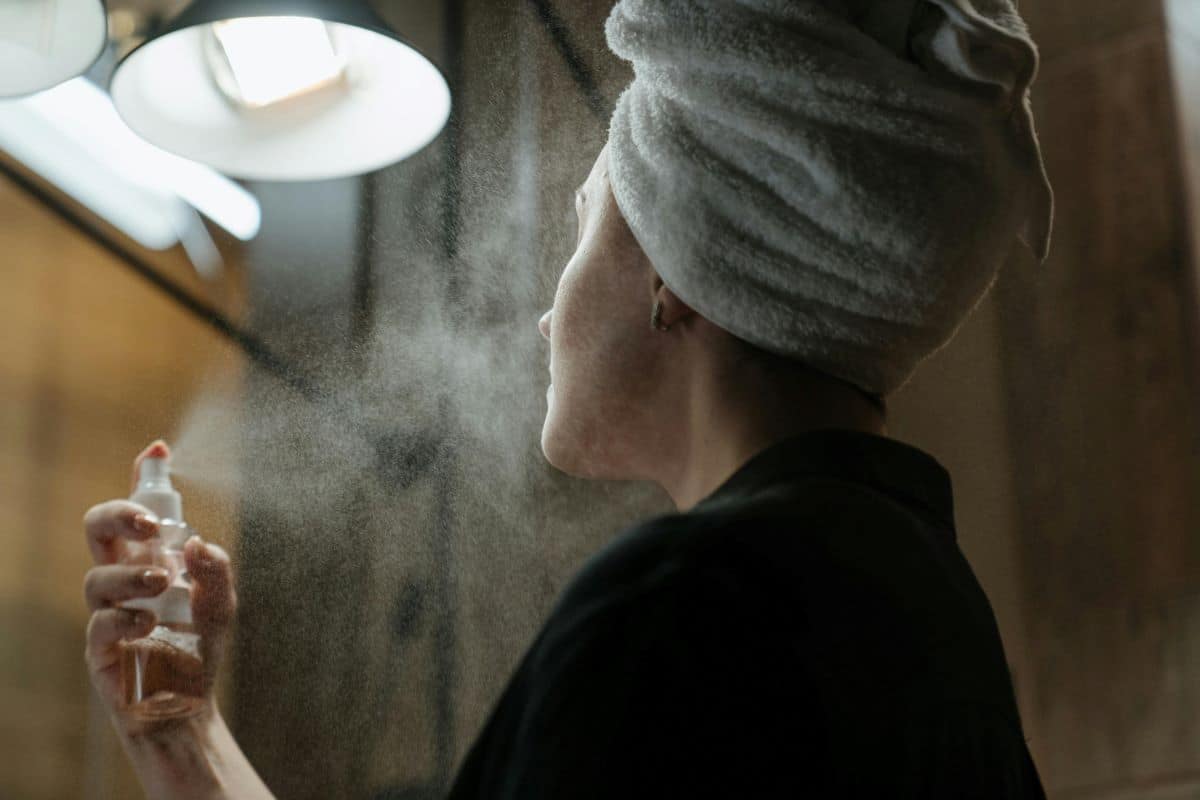
Wrinkles
Wrinkles are the lines that form in our skin over time. Wrinkles can be caused by making certain expressions, gravity or sun damage. Everyone gets wrinkles as they get older, but there are many ways to delay them.
Xerosis
Xerosis is the technical term for dry skin. It has many potential causes including exposure to dry air, bathing too often, using certain soaps and detergents or using certain medication. It can also be the result of underlying conditions like Eczema or allergies.
Yeast
Yeast can cause skin infections, however it is also an ingredient in some skincare products, providing moisturizing qualities. Products containing yeast extract are best used if you have dry skin.
Zinc
Zinc is very much necessary for skin health, playing an important part in our skin’s healing process. Skin products containing zinc can be used to heal a number of skin disorders including acne, rosacea, eczema and dandruff. It is also commonly found in seafood and whole grains.





Leave a Reply